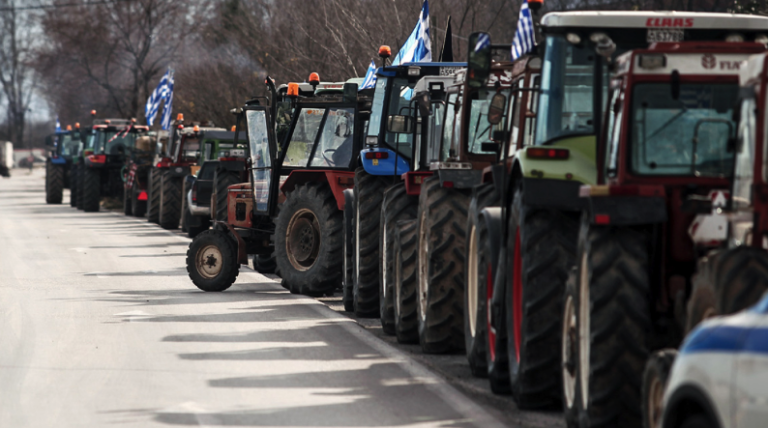As farmers intensify their protests and set sights on Athens, the government opts for a cautious stance, refraining from rushed decisions.
Addressing the demands articulated by farmers following the blockades’ coordinating committee meeting, government responses have been swift, with initiatives underway to address key issues such as VAT refunds, electricity cost reductions, and agricultural subsidies.
However, while demonstrating readiness for dialogue, the government remains vigilant, unwilling to prematurely predict outcomes or entertain disruptive protest tactics.
Key to the government’s engagement is the farmers’ level of organization and representation, essential for meaningful dialogue and decision-making.
Amidst varied demands and protest dynamics, the government acknowledges the validity of certain grievances, particularly concerning agricultural policy reforms.
Yet, concerns persist regarding the coherence and motives of certain protest factions, with suspicions of ulterior agendas complicating negotiations.
The Roadblock Dilemma
Despite efforts to defuse tensions, the closure of national highways remains a red line for the government, viewed as a threat to social stability and economic activity.
Preparations are underway to manage potential disruptions, emphasizing dialogue over confrontation.
While seeking to avoid escalation, the government underscores the principle that dialogue cannot be coerced through disruptive tactics.
Political Manoeuvring Ahead of European Elections
Against this backdrop, Prime Minister Mitsotakis continues his public engagements, balancing crisis management with electoral strategies.
Campaign activities ahead of the European elections are in full swing, with Mitsotakis reaffirming party unity and courting potential candidates.
Amidst speculation over candidate selections, the political landscape remains dynamic, with both established figures and newcomers vying for positions on the electoral roster.
Ask me anything
Explore related questions





